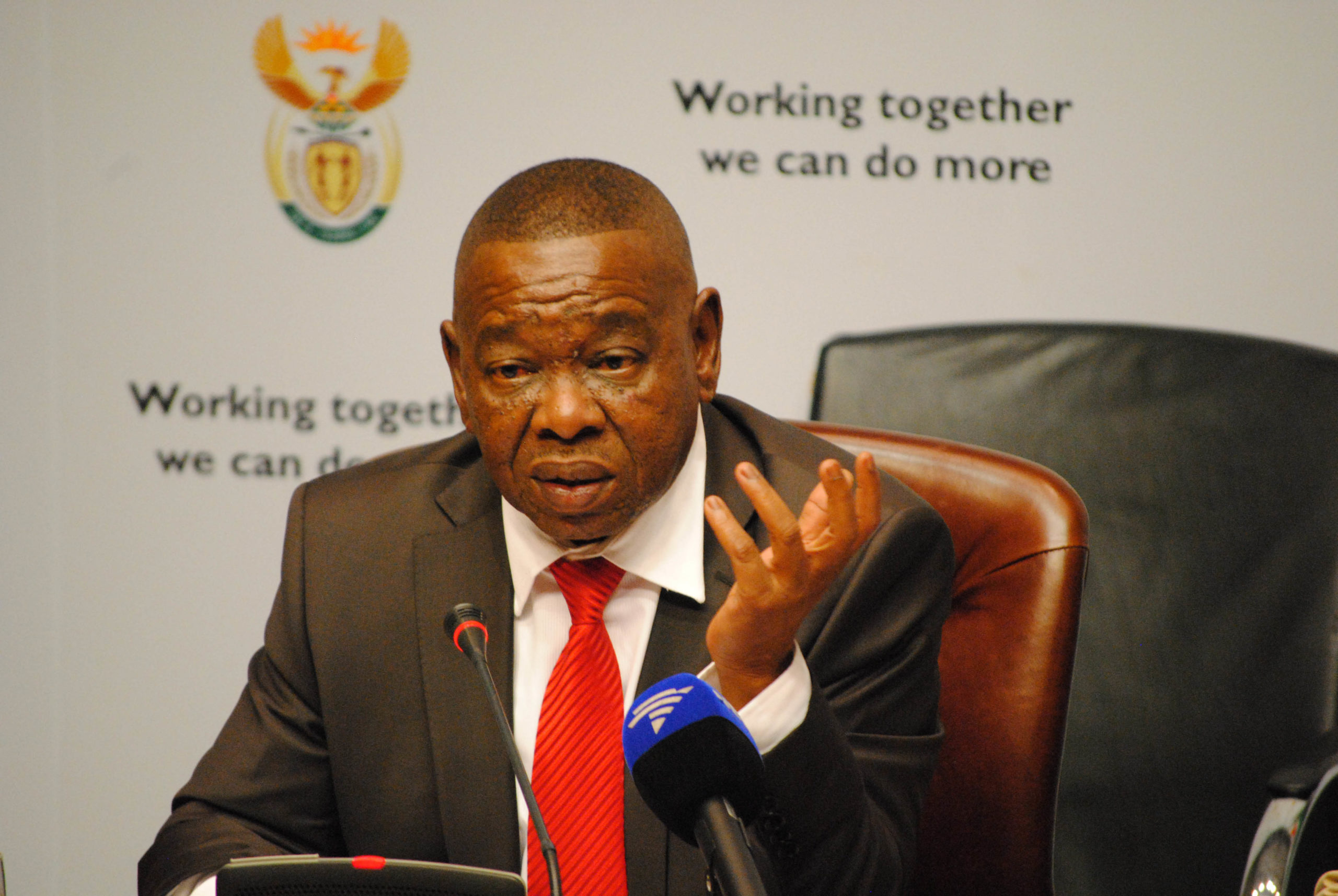Axed as minister of higher education by then-president Jacob Zuma, Blade Nzimande was reinstated to the Cabinet by President Cyril Ramaphosa in February, this time as transport minister. His tenure in his new post has been marred by battles on the roads and in Parliament.
The rising petrol price resulted in protests and a surge in vandalism. Drivers and associated organisations were put under increasing pressure and Nzimande had his hands full.
As set out in the department of transport’s budget vote this year, fostering close relationships with the taxi industry seems fairly low down on their list of priorities. As witnessed by protests, taxi operators had grievances about obtaining operating permits‚ harassment by traffic officers and fuel price increases.
The department’s plans for reducing road accidents during the December holiday period are being tested; the minister confirmed that at least 300 additional trainees are being recruited. In addition, the Western Cape and Mpumalanga have commenced the process to start operating 24/7 traffic services.
The minister has been facing an uphill battle to gain support for transport-related Bills and to clean up its agencies.
In July, Nzimande dissolved the Road Accident Fund board as a result of “serious divisions” and dysfunction in the RAF. He then appointed an interim board to address the governance problems, but failed to get the Road Accident Benefit Scheme Bill passed, which will provide a sustainable alternative to the RAF.
Although changes to the boards of the Passenger Rail Agency of South Africa and the Airports Company of South Africa were also driven by good intentions, issues of bad governance and irregular expenditure persisted throughout the year.
The Administrative Adjudication of Road Traffic Offences Amendment Bill, which aims to introduce a demerit points system for bad drivers, is struggling to find public favour and has been rejected by the Western Cape government.
Similarly, e-tolls are again in the spotlight. Nzimande recently said the ongoing opposition to paying e-tolls on Gauteng freeways has become a national problem. Only 30% of motorists are reportedly paying their bills.
Overall, the minister’s commitment to implementing the department’s flagship projects announced in May has met with some successes. The development of the controversial N2 Wild Coast — which has been opposed by the Amadiba tribal authority, the Khimbili Communal Property Association and the Baleni, Mdatya and Sigidi communities, and which will pass through the environmentally sensitive hotspot for endemic plants in Pondoland — has progressed, and the South African National Roads Agency was recently awarded a R1.65-billion tender for a bridge, which will be the second-longest bridge on the continent.
Another flagship of the department is the Moloto R573 road upgrade, which runs for 160km through Gauteng, Mpumalanga and Limpopo. Nzimande confirmed this still needs to secure funders.
Another notable project is the opening of the Mount Edgecombe Interchange in KwaZulu-Natal.

